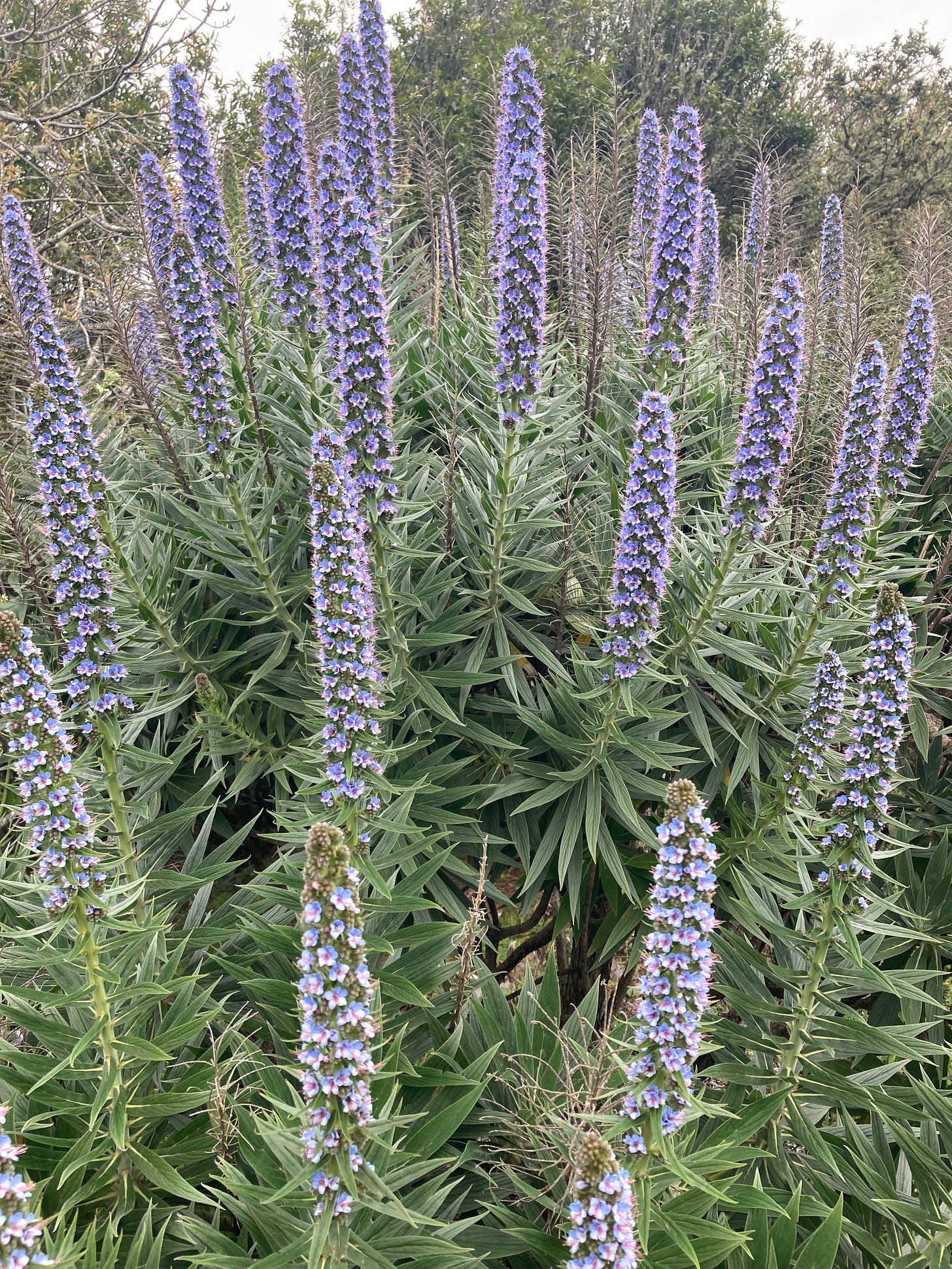“When you do this practice, you cannot easily become angry.” – Shunryu Suzuki
· Insights Into Practices
· A Poem, by William Stafford
· What I’m watching
· Half Day Retreat
· Weekend Retreat
In 1922, a prominent Paris newspaper asked its readers: If you knew that the world was about to end, how would you spend your last hours?
Many readers wrote back, but most notably novelist Marcel Proust responded by saying, “I think that life would suddenly seem wonderful to us if we were threatened to die as you say. Just think of how many projects, travels, love affairs, studies our life hides from us, made invisible by our laziness, which certain of a future delays them incessantly.”
Zen teacher Shunryu Suzuki suggests that meditation is the practice of letting go of all the concerns of our daily lives. Similar to the question posed by the 1922 French newspaper, he suggests exploring the practice letting go of our assumptions and expectations. Here are his instructions for meditation: (from Not Always So)
“So for a period of time each day, try to sit without moving, without expecting anything, as if you were in your last moment. Moment after moment you feel your last instant. In each inhalation and each exhalation there are countless instants of time. Your intention is to live in each instant…
When you practice this in your last moment, you will have nothing to be afraid of…You become one with everything after you completely exhale with this feeling. If you are still alive, naturally you will inhale again “Oh, I’m still alive! Fortunately or unfortunately!”
When you do this practice, you cannot easily become angry.”
Neuroscientist, Regina Pally, in a paper called The Predictive Brain said:
“According to Neuroscience, even before events happen the brain has already made a prediction about what is most likely to happen, and sets in motion the perception, behaviors, emotions, physiologic responses and interpersonal ways of relating that best fit with what is predicted…”
Practicing with reducing or letting go of our expectations and prediction is an important skill for leadership and for life.
The Practice
Gradual and Sudden Practice – I appreciate this way of describing and contextualizing meditation practice. It feels simple and impossible, at the same time. Just let go of expectations. Just be willing to let go of your life with each exhale. Easy, right? He suggests, just doing it, each day, and see what happens. In this way change happens both gradually and all at once.
Appreciate Your Experience – Instead of adding something or doing something, the practice is to let go of our usual expecting and predicting what will happen next. We spend so much of our days planning, projecting, and predicting; working hard so we can have free time; searching for some rest, satisfaction, and connection when we are not working. The practice is to let go of searching and expecting and to try on appreciating and enjoying your experience.

The Benefits
Less Fear – By practicing this way we shift our relationship with change and uncertainty. We are less afraid of letting go and of losing everything.
Less Anger – There is so much to be angry about, so much that could be and should be better, in our relationships, work, our world. Engaging in this practice helps calm the human proclivity toward scanning for threats, satisfies the part of us that is often seeking something new and better, and reassures our empathic nature that we are always connected, beyond anything we can comprehend.
Healthier and More Effective Work Environments – It is so easy and so common at work to believe we know how others will respond. Letting go of expectations means to be more curious and to look more deeply at our own patterns. One way to practice this at work is to spend more time expecting the best of others.
A Poem
Remind Me, by William Stafford
Remind me again—together we
trace our strange journey, find
each other, come on laughing.
Some time we’ll cross where life
ends. We’ll both look back
as far as forever, that first day.
I’ll touch you—a new world then.
Stars will move a different way.
We’ll both end. We’ll both begin.
Remind me again.
What I’m watching
Shogun, a new 10-part series. I find myself looking away at the unnecessary violence, but I find myself leaning in to better understand Japan in the 1600’s – the architecture, culture, relationships, and political power moves.
Half Day Sitting, In-Person and Online
Sunday, May 26th, 9:00 a.m. – 12:30 p.m. in Mill Valley.
I really like half day retreats, where there is time for some extended meditation periods, some walking, and time to process with a small community. Then, time to enjoy a Sunday afternoon.
Weekend Retreat at Green Gulch Farm
November 1 – 3
Come spend the weekend at Green Gulch Farm, located on the coast, just north of San Francisco. Wake up hearing the sound of the ocean, enjoy the simple but amazing vegetarian food, and explore the garden, farm, and coastal trails.
In our world of busyness, of more, faster, better, this retreat offers time to stop, reflect, and renew – a time to step fully into the richness of your life. Together we’ll follow a gentle schedule of sitting and walking meditation, interspersed with talks and discussions from the wisdom of Zen teaching as we explore how these stories and dialogues may be utilized in our relationships, our work, and our lives.
This retreat is open to all people interested in stopping, exploring, and bringing more awareness and mindfulness to daily life.

